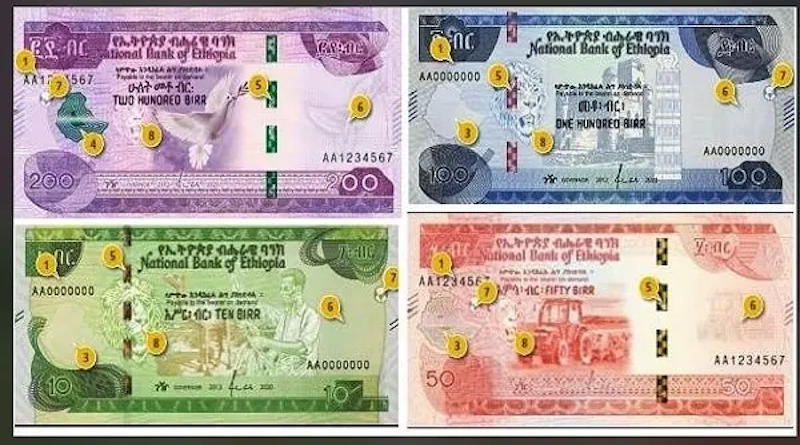Earlier in the year and more specifically on July 28th July 2024, Ethiopia made a historic move. It introduced a new macroeconomic reform process, moving away from a crawling peg exchange rate regime for the Ethiopian Birr against the US Dollar to a market-based foreign currency system.
Since then, the Ethiopian Birr has taken on a downward spiralling fall to register most recently 140 Birr to the US Dollar in the illegal market compared to the official 116.7 Birr as of October 12, 2024, in comparison to 57 Birr on the date the new system was introduced.
This widening gap is not comfortable for the economy and presents a serious challenge to both the business community of the country and the consumers. Obviously, the formal financial system has been or is unable to meet the demands of the market and more especially for foreign currency, where now most businesses and people rely on the black market as a source of hard currencies, for their needs, mostly the US Dollar. (Read Addis Insight – Ethiopia’s Black-Market Hits 140 Birr to the Dollar: A Growing Crisis in Foreign Exchange on October 12th, 2024).
This has impacted the economy in more ways than one. The inflation in the economy has risen and is reported to be above 30% resulting, in the main, from increasing costs of goods and services. Importing businesses pass on the cost to consumers, which cause prices to consumers and hence inflation to rise.
This has also caused businesses dependent on imported goods to scale back and reduce their imports for lack of availability of hard currency or pass on the increased costs to the consumers as noted earlier. This has led to a distrust in the formal banking system which is unable to cater for the needs of both the business community and ordinary people. Most seek to meet their needs from the informal and illegal market, which only further undermines the effectiveness of the formal and official exchange rate.
Another side effect of the issue is the growing inequality between those who are able to access foreign currencies and those who have no access, whereas the former take advantage of the opportunities that have presented themselves and the others suffer from the increased costs and hence higher prices of goods and services.



No Comment Found.